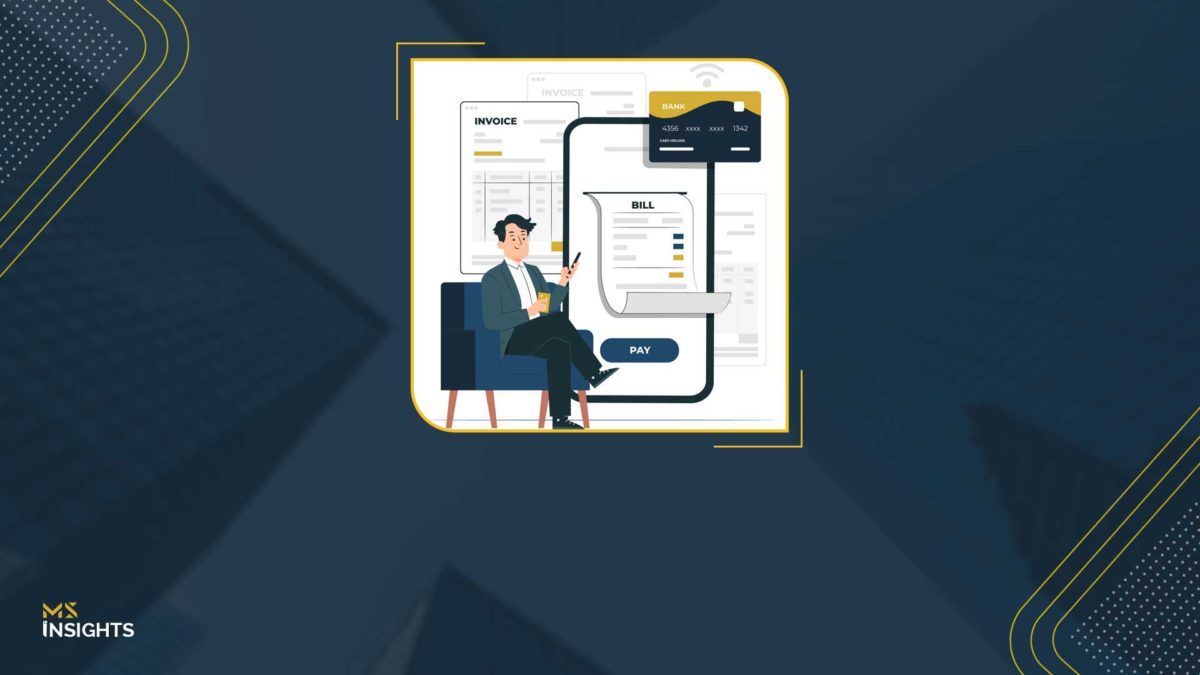The UAE’s digital transformation journey is picking up pace, and e-invoicing is the latest milestone that businesses must prepare for. With the Federal Tax Authority (FTA) mandating structured e-invoicing by mid-2026, organizations that act early stand to gain significant advantages not only in compliance, but also in operational efficiency and cost savings.
Let’s explore what are the benefits of einvoicing for the UAE, why this transition matters, and how you can prepare.
The Real Benefits of Einvoicing for the UAE Businesses
While some companies might initially view e-invoicing as a regulatory hurdle, the reality is quite the opposite. When implemented strategically, benefits of einvoicing for the UAE businesses unlock significant gains across the business.
1. Substantial Cost Savings
One of the most compelling reasons to embrace e-invoicing is cost reduction. Einvoicing can lead to a significant reduction in invoice processing costs, particularly by streamlining how businesses handle incoming supplier invoices and eliminating manual tasks.
These savings come from eliminating time-consuming tasks like printing, scanning, data re-entry, and manual verification. Automation drastically reduces administrative overhead and the risk of errors that can result in costly delays or duplicate payments.
2. Greater Operational Efficiency
One of the key benefits of e-invoicing for the UAE businesses is the introduction of a standardized format for all invoices – enabling systems to read, validate, and process data automatically. This accelerates every stage of the invoice lifecycle, from issuance and delivery to approval and archiving.
It also minimizes friction between departments, improves payment cycles, and strengthens supplier relationships particularly for larger organizations handling high transaction volumes.
3. Improved Tax and Regulatory Compliance
The new system of einvoicing for the UAE businesses is being designed to share invoice data in real time with the FTA, ensuring accurate VAT reporting and better transparency. This reduces the likelihood of errors, mismatches, or underreporting, all of which could otherwise trigger penalties or audits.
With automation taking the lead, businesses will find it easier to file timely and accurate returns enhancing trust with regulators.
4. Stronger Audit and Recordkeeping Capabilities
Among the often-overlooked benefits of einvoicing for the UAE businesses is the ability to maintain structured digital records. With all transactions automatically recorded and stored in a consistent, searchable format, companies can remain audit-ready at all times, backed by clear invoice trails and documented proof of compliance.
For finance teams, this translates into fewer last-minute document scrambles and more efficient coordination during audits or financial reviews.
Preparing for the Transition: How to Unlock the Benefits of Einvoicing for the UAE Businesses
Although the full implementation is expected by mid-2026, early preparation allows businesses to gradually align with the requirements and start leveraging the benefits of einvoicing for the UAE businesses. Here’s how to begin:
1. Assess Your Current Invoicing Systems
Start by mapping out your current invoicing processes. Are you generating PDF invoices manually? Is there any automation in place? Does your system support the structured formats required under the new mandate?
This diagnostic step will help you understand the gaps between your current setup and future requirements, including whether your ERP or accounting software is compatible with the upcoming e-invoicing system.
2. Understand the Role of Accredited Service Providers (ASPs)
The UAE’s einvoicing framework will be supported by Accredited Service Providers (ASPs), third-party platforms that connect your business systems with the FTA.
With the list of approved ASPs, businesses must choose and onboard with a provider that can facilitate e-invoice generation, transmission, and archiving. Early engagement with an ASP allows for smooth integration and testing, well ahead of the deadline.
3. Train and Align Internal Teams
Technology implementation is only half the battle, people make it successful. Train your finance, IT, and operations teams on how the new invoicing system works, what changes to expect in day-to-day workflows, and how to manage exceptions.
Clear communication and cross-functional collaboration will reduce resistance to change and ensure smoother execution.
4. Stay Informed Through Official Updates
The FTA and Ministry of Finance are expected to release further technical and operational guidelines leading up to 2026. Businesses should monitor these updates closely and be ready to act on new information, such as mandatory invoice fields, submission methods, or industry-specific rules.
Having a compliance partner or in-house resource dedicated to regulatory monitoring can make a big difference.
From Compliance to Advantage: The Benefits of eInvoicing for the UAE Businesses with MS
At MS, we help you tackle this transition with confidence. From assessing your current invoicing systems and identifying gaps, to aligning with Accredited Service Providers (ASPs) and training your internal teams, our experts ensure you’re not just compliant, but also well-positioned to unlock the full operational and financial benefits of e-invoicing. With MS, you gain a seamless, end-to-end support system designed to keep you ahead of deadlines and disruption.
